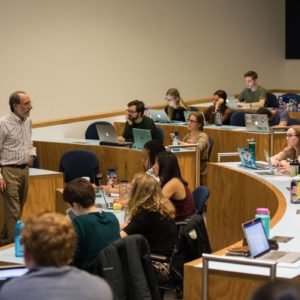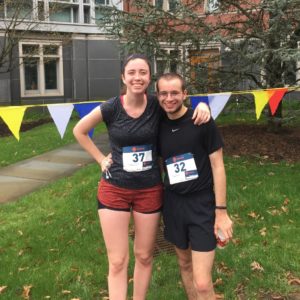
A professor recently offered this advice in class: if writing a paper isn’t going well—if you’re feeling the notorious “writer’s block,” for instance—then try writing a letter instead. In his view, this needn’t be a real letter to an actual person. The main point is to try to explain what you hope to achieve in a different way to a different audience.
Though I’d never tried letter writing of this sort before, I immediately appreciated my professor’s advice because of how it connects to a practice I’ve implemented in my own life for quite a while. That strategy is to “talk it out”—to take a break from a task that’s frustrating me and talk through the problem with a friend. This is the first reason that I think talking about research is helpful for each of us: it helps us clarify our aims and work through challenges. Continue reading Why You Should Talk to Your Friends About Your Research







